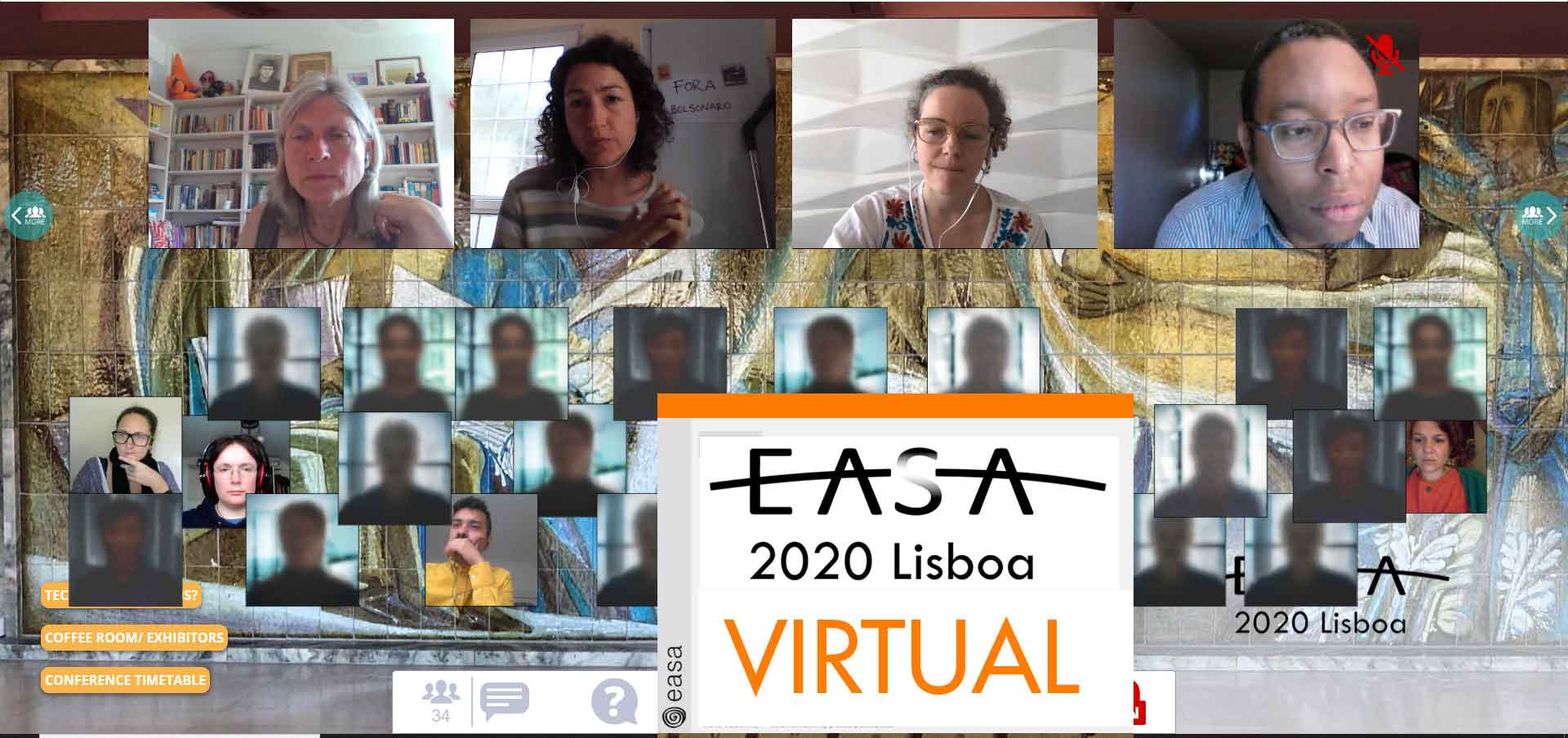Conference and events organisation
NomadIT has helped organise over a hundred academic conferences in the past two decades, with events ranging from 50 to 2000 delegates. We understand what is involved, what is needed, the range of possibilities and how best to guide clients to build the event they want.
Academic conferences offer a chance to meet with colleagues, to present and exchange research and ideas, to get acquainted with the breadth of the field or the depth of a theme. It’s an intense three or four days for all participating. To be the host seems exciting, but conferences are preceded by one to two years of preparation, communication, negotiation and thousands of emails. To be the host is also daunting!
Our custom developed software for conferences facilitate the panel discussion from the first call for panels, through the paper proposals and acceptance, to the publishing in multiple formats such as abstracts and video recordings.

I cannot recommend NomadIT highly enough. This team is one of a kind. They not only made our conference run only as smoothly as it possibly could, they made conference convening fun!
Jennifer Deger, Convener of 2018 Australian Anthropological Society annual conference “Life in an Age of Death” (Cairns), and 2019 AAS President
Our role: PCO and abstract management software
NomadIT takes care of as much as possible so as to reduce the fear and stress. With a good idea of delegate behaviour, of what works and what doesn’t, we know how to simplify the decisions and processes involved in organising a successful conference. We aim to shoulder the logistical burden while enabling clients to make crucial decisions and focus on the intellectual aspects of the conference.
NomadIT straddle two 'industry' roles: we are both a Professional conference organiser (PCO) - the team brought in to produce the conference - and a provider of Conference management software (CMS) or Abstract Management Software (AMS) - the software platform used to handle the panel/paper submissions and registrations/payments. NomadIT uses its own bespoke software designed specifically for the normal format of social science conference, and radically overhauled in the past couple of years to fit contemporary needs. Use of our software is included as part of our organising service, at no extra charge.
Pricing
The time required to organise a conference largely increases with delegate number and so our fee
scales similarly. For 2023 conferences, we charge £6500 set-up plus
- £42/delegate for f2f events
- £45/delegate for online events
- £57/delegate for hybrid events
- all prices need VAT at 20% adding
although the precise fee may vary depending on the nature of the event and how far the event, or tasks involved, depart from ‘the norm’. For more detail view our conference service document.
For webinars, workshops and events which are not really conferences in the standard sense, and for virtual support of online events, we instead charge by the hour, charging £50/hr (+VAT) in 2022. Get in touch with event details for a more precise quote.
Formats: f2f, online or hybrid?
Our service covers face-to-face (f2f), online/virtual and hybrid events. Since the start of the pandemic NomadIT has delivered a number of online workshops and conferences, from half-day webinars to full-scale conferences, some taking place over three or four full days, others stretched over a fortnight of core hours. We have used Shindig and Zoom as our main video platforms; sometimes used conference platform wrappers such as Whova and Pheedloop to provide networking options beyond those of our own software; and on other occasions offering Wonder.me and Spatial.chat as other networking spaces. We envisage that the demand for online events will continue, and we continue to review the platforms in use in the conference sector (and beyond).
However as restrictions ease, there will be a resurgence in face-to-face (f2f) events. At the same time, not wanting to lose the observable accessibility/diversity benefits of online events, the new conference format will be hybrid, and wherever possible, fully hybrid. These are even more of a challenge to produce, as they require organising two events over the top of each other, entailing 50% more labour than either f2f/online-only, and needing a lot more technology in the venue. By the end of 2022 we should have extensive knowledge of what it takes to put on such a fully hybrid conference.

 NomadIT Events Ltd
NomadIT Events Ltd